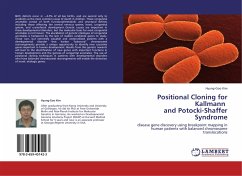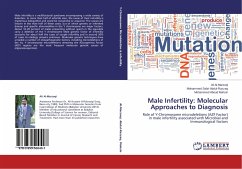Intellectual disability affects 3% of general population, and its etiology remains elusive in close to 50% of cases. Knowledge of the precise etiology of intellectual disability is necessary to obtain an accurate diagnosis that can improve the prognosis of the disease, the calculation of the risk of recurrence or the possibility of prenatal diagnosis. The genetics of this disease is one of the most complex fields of human genetics, due to the great complexity of its genetic bases and its clinical and genetic heterogeneity. In the last decade, advances in high-throughput technologies and their implementation worldwide have had considerable impact on the elucidation of the molecular causes underlying intellectual disability. More recent studies using these molecular technologies have resulted in greater diagnostic performance, especially with the use of microarrays and next generation sequencing technologies.








